The world’s automakers are out to prove that electric cars can be sexy as they celebrate the start of the European spring season at the Geneva Motor Show.
Supercars flooded stands at the Swiss car party and even the SUVs had extra style for their coming-out parties.
Alfa Romeo set the scene with its crucial upcoming compact SUV, the plug-in hybrid Tonale that will become the baby brother of the Stelvio.
However, fellow Italian marque Pininfarina stole the show with its fully-electric Battista supercar.
Former F1 world champion Nico Rosberg is one of the first customers for the Battista, which is the headliner for the electrification of a company which was formerly only known for its design work.
“The Battista represents a beautiful dream for us all. In just 12 months we have set up an amazing new electric car brand that delivers on the Pininfarina-family dream to see a luxury car solely badged Pininfarina,” says Michael Perschke, CEO of Automobili Pininfarina.
But Pininfarina was not alone, as Aston Martin previewed its ultra-luxury Lagonda electric 'stretched SUV' concept...
... and Audi showed the Q4 E-Tron that will become its next all-electric car at the end of 2020 with a 450-kilometre range as more than a dozen electron-powered show and product cars were previewed.
Yet even without electrification there's plenty to see in Geneva.
Little-know Swedish supercar maker Koenigsegg pulled the covers off its petrol-powered V8 Jesko and promised a top speed of 480km/h...
... as Aston Martin confirmed a production future for its first mid-engined supercar, the Vanquish Vision, which is poised for an all-out attack on Ferrari and Lamborghini.
“Our first series-production, rear mid-engined supercar will be a transformational moment for the brand, for it is the car that will propel Aston Martin into a sector of the market traditionally seen as the heartland of luxury sports cars,” says the CEO of Aston, Andy Palmer.
Ginetta, another of the boutique brands that often uses Geneva for a new-model splash, showed its new Akula, a supercar whose name is the Russian word for shark and has also graced nuclear-powered attack submarines.
More mundane models to preview at the show were led by the Mercedes-Benz CLA Shooting Brake, the final model in the German brand’s revitalised small-car line-up.
Geneva also marked the start of the finals of the 2019 World Car of the Year award, and it is no surprise that two electric cars - the Audi e-tron and Jaguar I-Pace - are contesting the top honour against the Volvo S60 and V60 sedan and station wagon.
Why Geneva matters
While auto shows often being seen as an increasingly irrelevant showcase for the most expensive luxury cars – which instead save their best debuts (and the bulk of their event marketing budgets) for such glamorous locales as the Pebble Beach Concours d’Elegance, the Goodwood Festival of Speed and Kae Como's Villa d’Este – the Geneva Motor Show is a notable exception.
Mainstream auto shows may draw a lot of people, but with their fluorescent lighting and retro carpeting, they’re hardly a seductive showcase for wealthy private buyers.
“Auto shows for automakers to send messages to each other – or basically, just show off – are going away. That has gotten really expensive,” says Matt DeLorenzo, the senior managing editor for trade publication Kelley Blue Book. “The only show that has that still really going on is Geneva. This is where the Italian design houses and the Bentleys and Bugattis of the world can really show off, and they do.”
Credit the attitude partly to the fact that no major automaker makes its headquarters in Switzerland, so the country is in spiritually neutral territory – unlike New York, Detroit, Los Angeles, Frankfurt, or Tokyo.
Nor is it an accident that this gilded showcase is near the likes of the Patek Philippe, Audemars Piguet, and Jaeger-LeCoultre watch houses.
“In Geneva, they actually sell cars to really rich people,” DeLorenzo adds, noting that the region holds some of the world’s wealthiest people.
Each of the supercar brands in attendance is cashing in on the global appetite for extremely expensive, extremely limited editions of cars from heritage brands. It’s a market that seems to be stable, if only in small quantities. When your cars cost $2 million each, you don’t have to sell many to survive.
“Aston Martin may skip a show in the U.S., but they’ll be at the Geneva show with a full product line, selling cars from the stand," says DeLorenzo. "It’s a totally different dynamic than any other car show on the face of the Earth.”
Additional material by Bloomberg
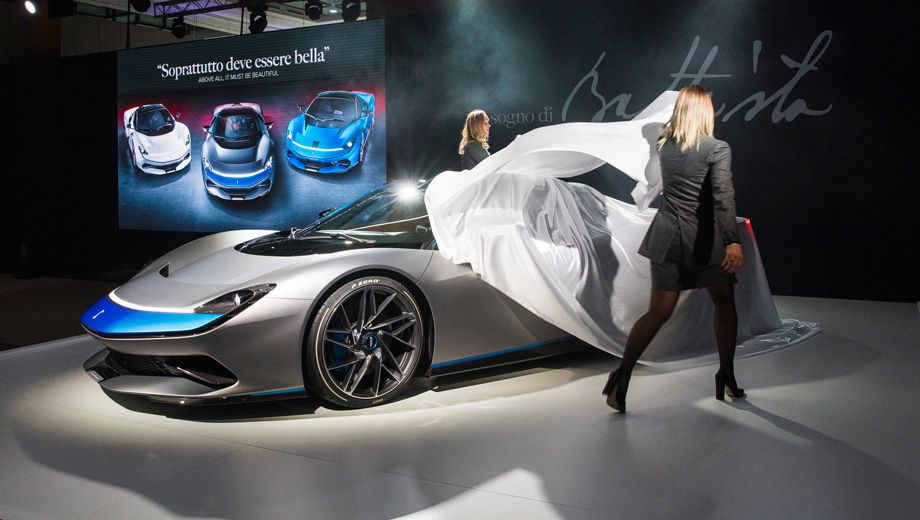
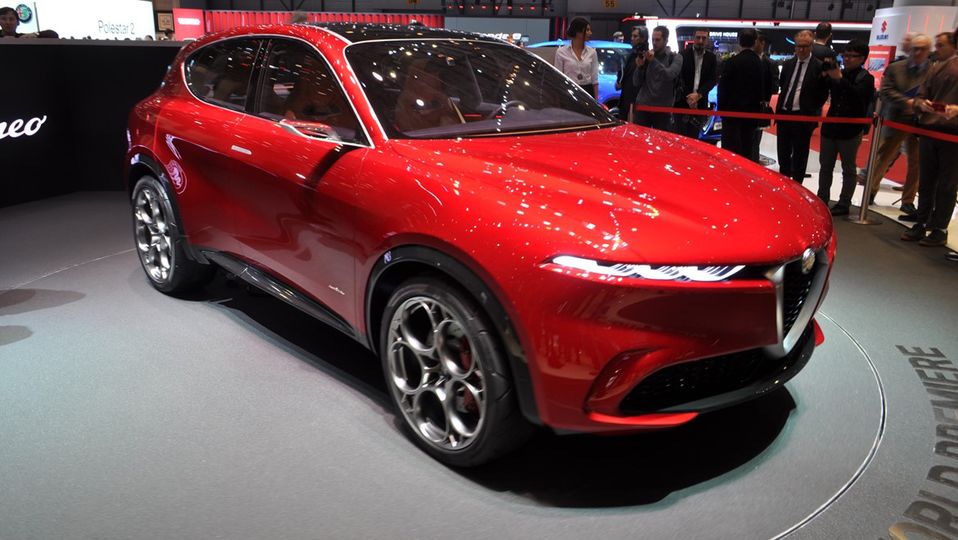
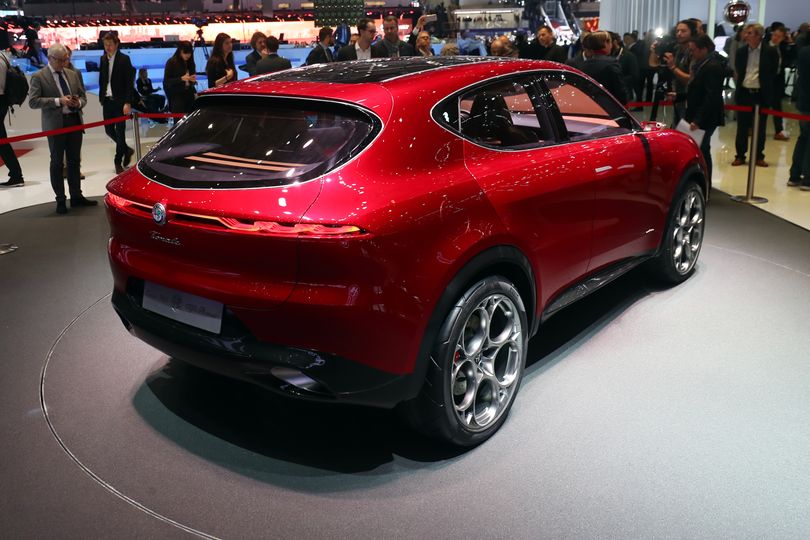
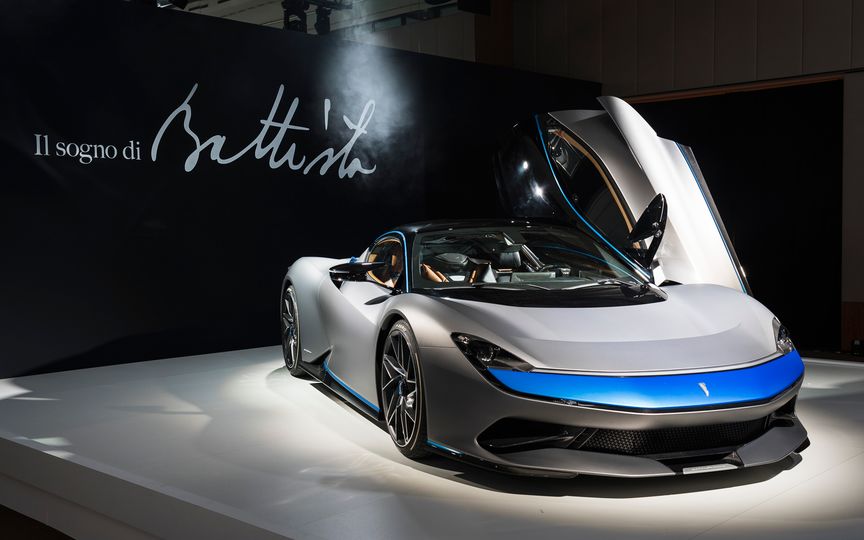
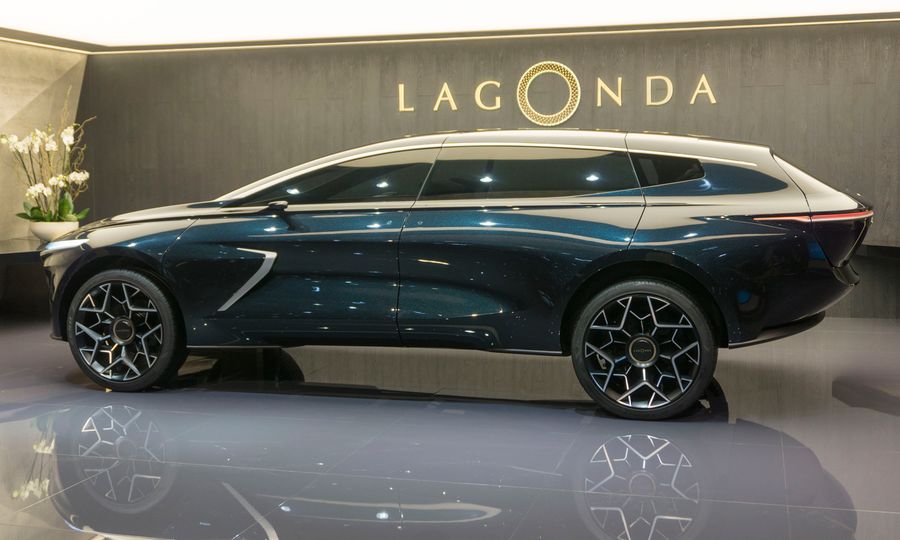
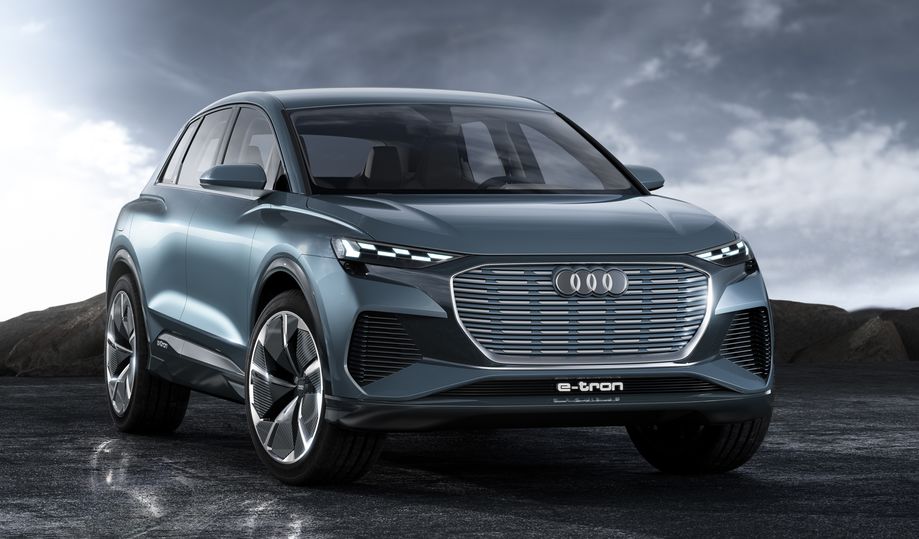
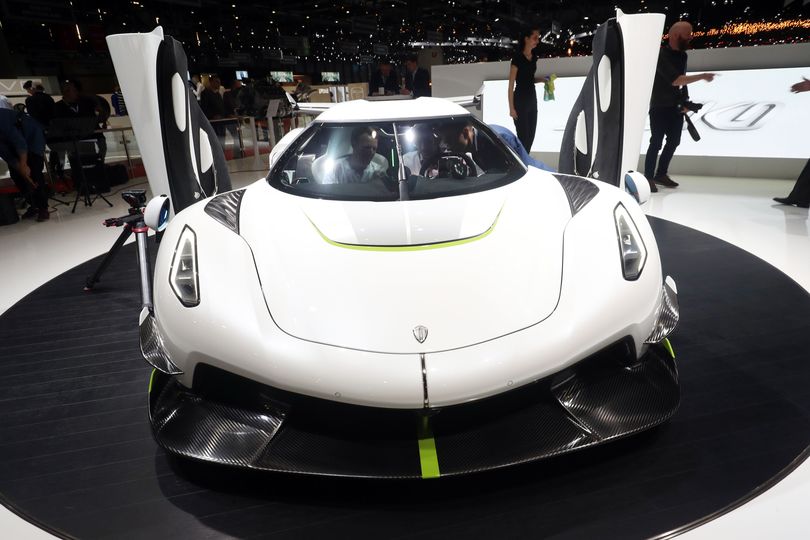
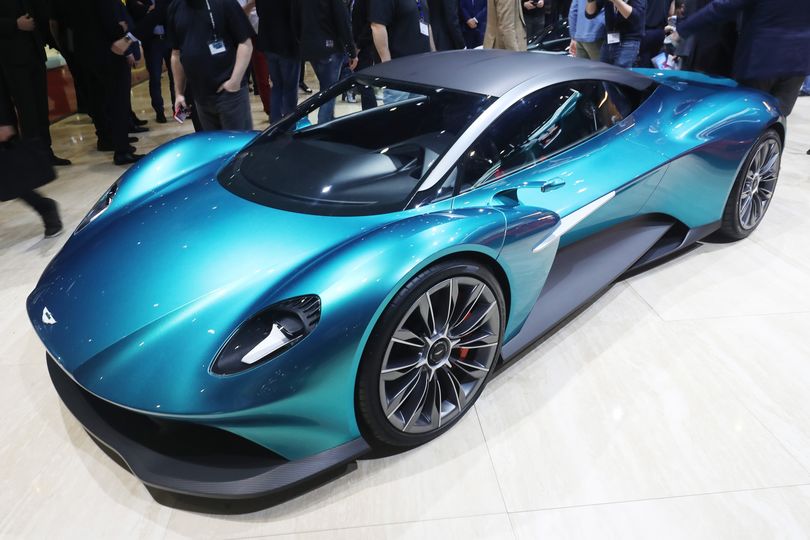
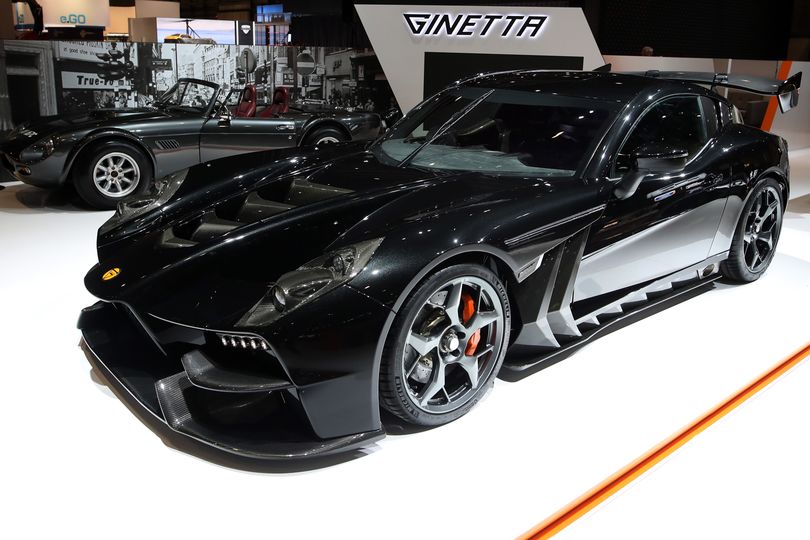

Hi Guest, join in the discussion on Geneva Motor Show proves electric cars can be sexy